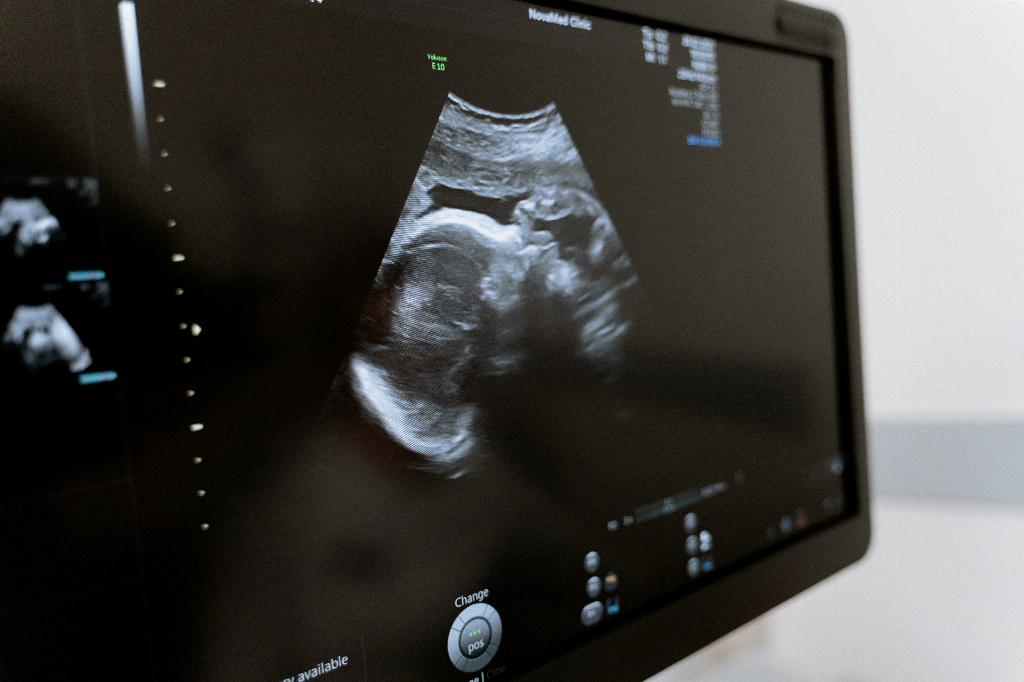It’s common for women to experience fatigue in early pregnancy due to the body’s increased demand for energy to support the developing fetus. This fatigue can vary from person to person, but many women start feeling tired as early as one week after conception.
Factors Contributing to Early Pregnancy Fatigue
During early pregnancy, the body goes through significant changes to support the growth and development of the baby. Hormonal fluctuations, increased blood volume, and the body’s effort to build milk-producing glands in the breasts all contribute to feelings of fatigue.
Impact of Hormonal Changes
One of the key factors behind early pregnancy fatigue is hormonal changes. The surge in hormones like progesterone can lead to drowsiness and a general feeling of being more tired than usual. These hormonal shifts are essential for maintaining a healthy pregnancy but can also take a toll on energy levels.
Increased Blood Volume
Early in pregnancy, the body starts producing more blood to supply nutrients and oxygen to the growing fetus. This increase in blood volume can lead to feelings of fatigue as the body works harder to circulate blood efficiently, especially during the first trimester.
Building Milk-Producing Glands
Another reason why fatigue sets in during early pregnancy is the body’s preparation for breastfeeding. The development of milk-producing glands in the breasts requires significant energy, contributing to the overall feeling of tiredness that many pregnant women experience.
Managing Early Pregnancy Fatigue
While fatigue is a common symptom in early pregnancy, there are ways to manage it. Getting plenty of rest, staying hydrated, eating a balanced diet, and incorporating gentle exercise into your routine can help alleviate some of the tiredness associated with early pregnancy.
Listen to Your Body
It’s essential to listen to your body during early pregnancy and not push yourself too hard. If you’re feeling tired, allow yourself to rest and prioritize self-care. Remember that your body is working hard to support the pregnancy, and it’s okay to take it easy.
Seeking Support
If you’re struggling with overwhelming fatigue or if it’s affecting your daily life, don’t hesitate to reach out to your healthcare provider. They can offer guidance, suggest ways to manage fatigue, and rule out any underlying issues that may be contributing to your exhaustion.
Understanding Individual Differences
Every woman’s experience with early pregnancy fatigue is unique. While some may feel extremely tired, others may not notice much of a difference in their energy levels. It’s essential to remember that there’s no one-size-fits-all when it comes to pregnancy symptoms.
Embracing Rest and Relaxation
During early pregnancy, your body is working hard to create the perfect environment for your baby to grow. Embracing rest and relaxation can help you recharge and cope with the fatigue that often accompanies this phase of pregnancy.
Looking Forward
As your pregnancy progresses, you may find that your energy levels fluctuate. While fatigue in early pregnancy is common, many women report feeling more energetic in the second trimester as hormonal changes stabilize. Remember to take care of yourself and listen to your body’s signals throughout this incredible journey.

